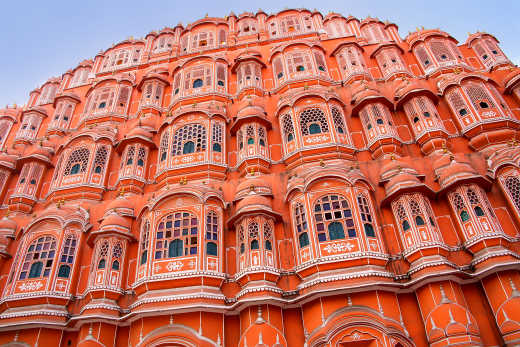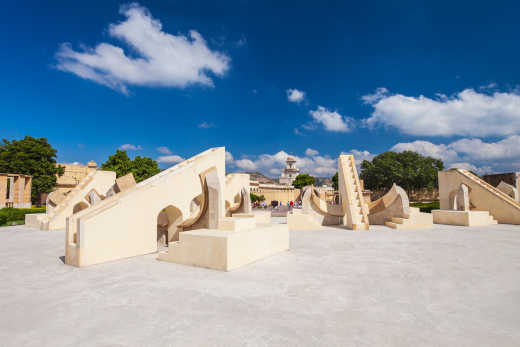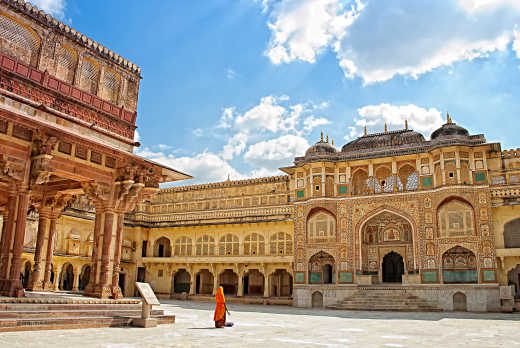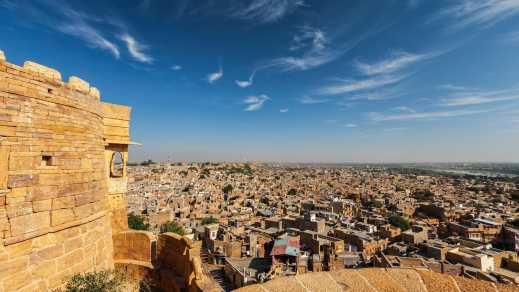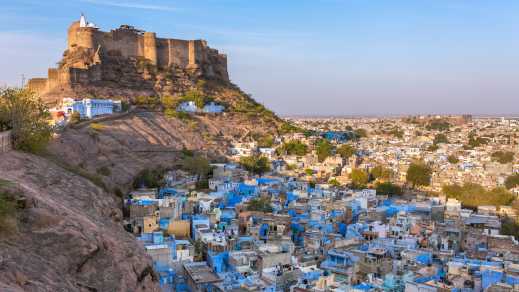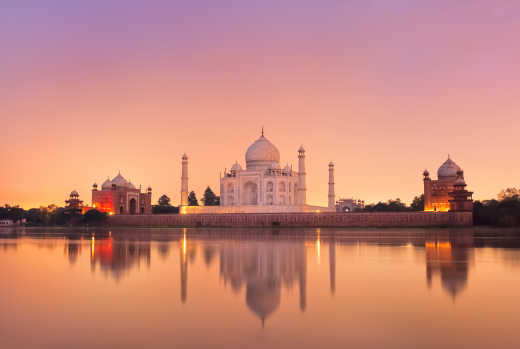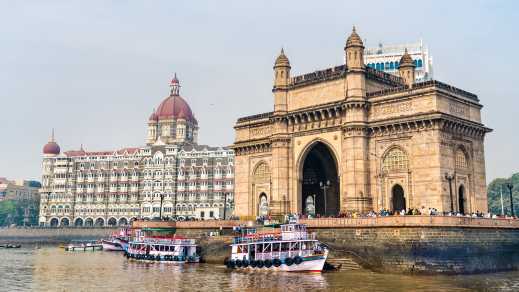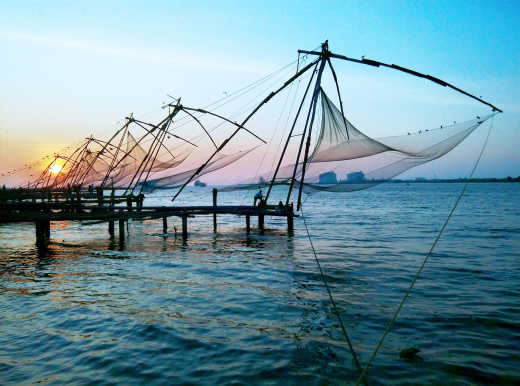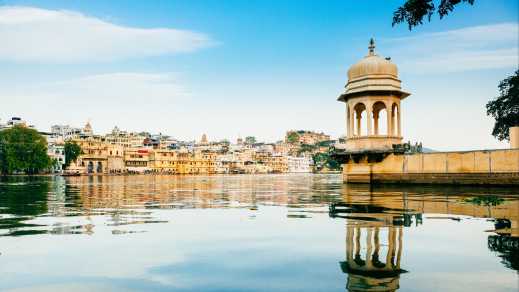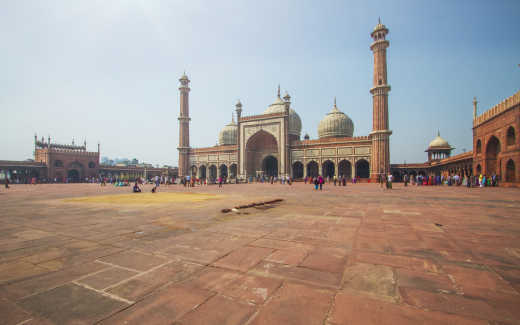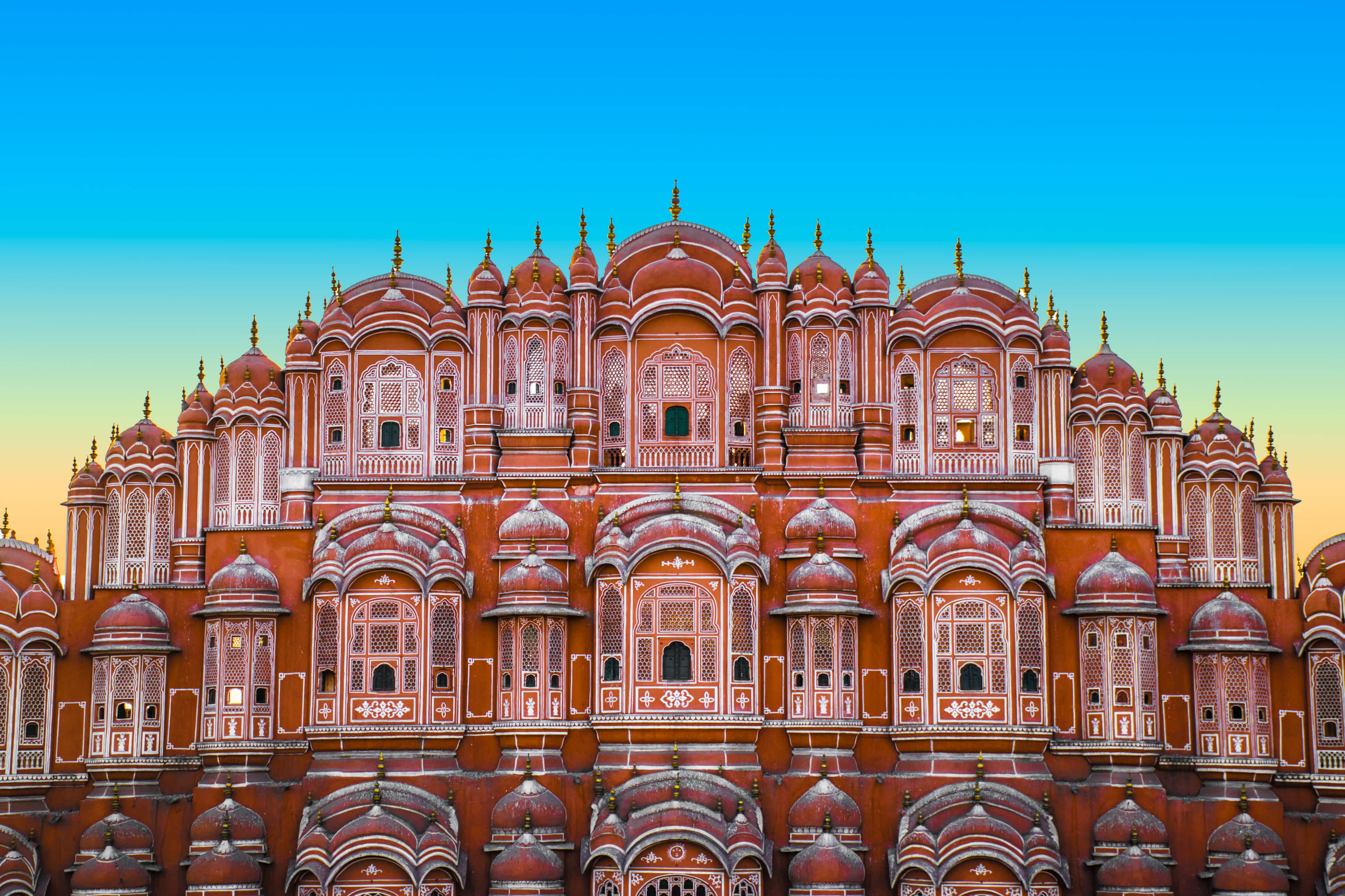
Jaipur Tours
The top sights, highlights, tours & travel itinaries curated by our Travel Experts.
- Destinations
- Asia
- India
- Jaipur
Our Expert Tips for Your Jaipur Tour
Over three million inhabitants live in Jaipur in Rajasthan's Golden Triangle. Founded in 1727, the capital of the former princely state of the same name impresses with numerous historical testimonies. Imposing historical buildings, exciting museums and much-played theatres characterise the varied scenery. Experience the old town with its pink facades - the Pink City -, the City Palace and the Palace of the Winds.
Visit Jaipur in the months of October to March, when it is not so oppressively hot and little rain falls. Less
![Asia India Jaipur Palace of the Winds Jaipur Palace of the Winds]()
Palace of the Winds
The striking landmark of the city
![Asia India Jaipur Jantar Mantar Jaipur Jantar Mantar]()
Jantar Mantar
A UNESCO World Heritage Observatory
![Asia India Jaipur Amber Fort Jaipur Amber Fort]()
Amber Fort
A dreamlike, spacious palace complex
What to See During Your Jaipur Tour?
1. Old Town of Jaipur
Bright pink, the colour of hospitality, the old city of Jaipur glows. A massive city wall with battlements and gates surrounds the lively scene, which resembles a gigantic bazaar. An experience you should not miss on your Jaipur trip. Everything is advertised: ornate carpets, brightly coloured textiles, figurines of deities, TV sets and mountains of fruit and vegetables. Behind the Tripolia Bazaar rises the 115 feet high minaret Iswari Minar Swarga Sal, from whose height you can enjoy a fantastic panoramic view of the imposing skyline.
2. Palace of the Winds
Built in 1799, the Palace of Winds or Hawa Mahal in the old city is the prominent landmark of Jaipur. The ladies of the Maharaja's court once watched the hustle and bustle of the streets from the darkened windows of the magnificently decorated façade with its myriad little oriel turrets. Follow their example and climb up the stairs and ramps to the galleries at the back of the façade.
3. City Palace
The atmospherically designed courtyards of the 18th-century City Palace are particularly worth a visit to the residence of the royal family. The dignified rooms are today a single museum and impress with noble carpets, old weapons, precious miniatures and richly decorated carriages. The highlight of a tour is the Peacock Courtyard with its four imaginatively decorated gates representing the four seasons.
4. UNESCO World Heritage Site Observatory Jantar Mantar
The astronomical hypotheses of Ptolemy, Galileo and Copernicus are made their own in the Jantar Mantar Observatory, which was built until 1734. Sculpture-like columns, triangles and circles made of brick are built under the open sky. These enigmatic structures can be used to determine the positions of stars and planets, and to calculate the time at all points on earth. You can also marvel at a 89 feet high sundial. Experienced guides will be happy to initiate you into the mysteries of astronomy.
5. Raj Mandir Cinema
It has a seating capacity of 1,200, the Raj Mandir Cinema on Bhagwan Das Road, one of the most impressive cinemas in Asia. Its very façade is an extraordinary mix of asymmetrical shapes, curves and patterns, illuminated by mysterious lights at night. The cinema's grand interior is also unique, with its large domed vault and majestic chandeliers. Check with your hotel for the premiere of the next film from the Bollywood dream factory.
6 Amber Fort
One excursion you can't miss on your Jaipur trip is to Amber Fort, perched on a hillside 8 miles northeast of the city centre. Built in 1552, the sprawling palace complex can be reached by a comfortable ten-minute walk. Behind the picturesque Ganesha Gate, a fairytale world of enchanting arcades and charming water features opens up in front of magnificently landscaped courtyards. A sight you will never forget is the dreamlike view of Jaipur and the hilly surrounding countryside. Less
Other Places to Visit During Your Tour
TourlaneCare

